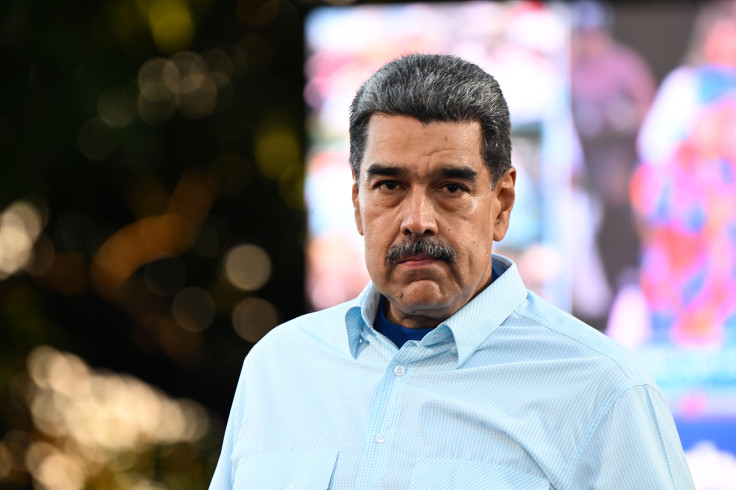
As President-elect Donald Trump gets ready to take office for a second term, questions are arising about the approach his administration will take on Venezuela will shape the country's future.
His 'maximum pressure' strategy, implemented during his first term and which involved economic sanctions and support for opposition leader Juan Guaidó, failed to oust Nicolás Maduro, whose regime adapted by deepening ties with illicit economies, according to an analysis by InSight Crime.
Experts interviewed by the outlet suggested two potential scenarios for Trump's next approach. The more likely path involves intensifying sanctions on high-ranking officials and Venezuela's oil sector. With figures like Sen. Marco Rubio and Mike Waltz expected to hold influential roles, this strategy could aim to cripple Venezuela's primary revenue sources further.
However, the analysts also warned this might push the regime to rely even more heavily on illicit activities, such as black-market oil sales and illegal mining, leading to a hybrid state where the lines between governance and criminal activity blur further.
Geoff Ramsey of the Atlantic Council highlighted the potential growth in criminal economies. "Selling more oil on the black market through shady intermediaries" could become a lifeline for the regime, while cocaine trafficking and illegal mining might expand. Despite these risks, increased surveillance by neighboring countries could curb some criminal activities.
The rise of illicit wealth in Venezuela could also spark internal power struggles. Control over lucrative operations like illegal mining might lead to violent conflicts. These revenues could be channeled into purchasing weapons and recruiting personnel, increasing the risk of unrest or even governmental collapse.
The second scenario, "pragmatic cohabitation," is less probable but possible if Trump's administration includes voices like Tulsi Gabbard, a critic of excessive sanctions, according to the outlet.
This approach would involve reestablishing diplomatic ties and easing sanctions to stabilize Venezuela's economy, according to the media outlet. Analysts predict this could reduce the government's reliance on illicit markets, potentially attracting foreign investment and boosting legal employment.
While economic recovery might weaken transnational criminal networks such as the Tren de Aragua, impacting human trafficking as fewer Venezuelans would be forced to flee due necessity, systemic corruption within Maduro's regime would likely preserve some illicit operations. Groups like the National Liberation Army (ELN) and their ties to state actors would also continue to pose security threats, the report says.
A military intervention by the US appears unlikely, as experts see it conflicting with Trump's domestic-focused priorities and "Make America Great Again" agenda. The high costs, along with the risk of worsening Venezuela's humanitarian crisis and increasing migration to the United States, make military involvement less feasible and run counter to Trump's goal of reducing immigration.
© 2024 Latin Times. All rights reserved. Do not reproduce without permission.












